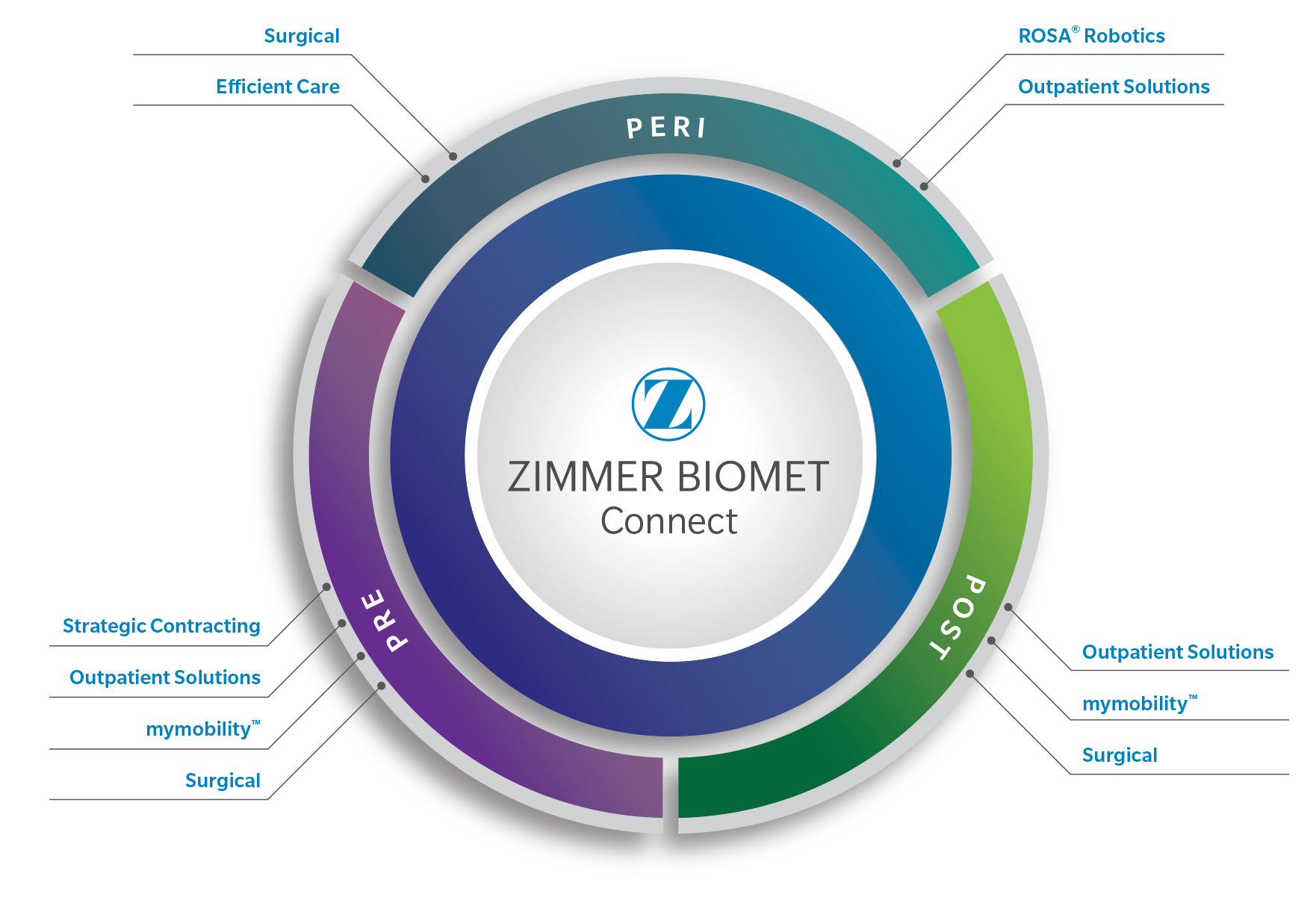When it comes to relieving hip pain, there are many different treatment options. Success varies not only by each individual’s hip, but also by what’s causing your hip pain. Care for arthritis pain, for example, often involves a combination of treatments. Be sure to consult your doctor to discuss the best treatment plan for you.
-
Medication
Many drugs, both prescriptions and over-the-counter medications, are used to treat arthritis and control pain. Common medications are aspirin-free pain relievers, anti-inflammatory drugs, corticosteroids, disease modifiers, and sleep medications. -
Low-impact exercise
Regular exercise, including joint and muscle exercise, is important to improve strength and flexibility. It may lessen pain, increase movement, reduce fatigue, and help you look and feel better. And when done properly, it will not "wear out" joints or increase osteoarthritis. -
Heat/cold therapies
Use of heat or cold over joints may provide short-term relief from pain and stiffness. Cold packs/baths help reduce inflammation and swelling, and may be useful for flare-ups. Heat assists in relaxing muscles and increasing circulation. -
Weight management
Weight loss helps to ease pain by reducing stress on your joints. After all, your hip bears the full load of your weight. -
Physical and occupational therapy
Physical therapists can work with you to create a personalized exercise program and show you how to use therapeutic heat and massage. Occupational therapists can introduce you to all kinds of beneficial devices, such as those used to elevate chair or toilet-seat height. -
Assistive devices
You can protect your hips by using a cane or other walking aid to keep from putting excess stress on them. Shoe inserts called orthotics are designed to support, align, and improve the function of your foot. In turn, they may lessen the pressure on your hips. -
Bracing
Different types of hip braces may help reduce hip pain and improve stability and mobility. -
Avoidance
Particular activities to avoid include: excessive stair climbing; impact-loading sports such as jogging, downhill skiing, and high-impact aerobics; physical activities involving quick stop-start motion, twisting, or impact stresses; excessive bending and kneeling; lifting or pushing heavy objects; and sitting on low seating surfaces and chairs. When avoidance is not possible, try alternating periods of activity with periods of rest, so your joints don’t tire from the stress of repeated tasks. -
Mental health
Talking about your feelings with family members and friends, doing mental exercises such as meditations and staying positive, and joining local support groups can help you better manage your hip pain. -
Nontraditional and alternative treatments
Some people with osteoarthritis take vitamins C and D because of their role in the formation of joint material, including collagen and cartilage. Some take vitamin E, a major dietary antioxidant. Glucosamine and chondroitin sulfate, typically used in combination, are the most commonly used dietary supplements, However, according to a study published in the 2006 New England Journal of Medicine, the results from a glucosamine/chondroitin arthritis trial showed that the supplements were no better at treating osteoarthritis than sugar pills.
Since herbal and dietary supplements are not regulated by most healthcare and regulatory authorities, and the effectiveness of these treatments is not widely supported by accepted scientific research, it is extremely important for you to consult with your physician about all supplements and medications that you're taking or considering taking.




